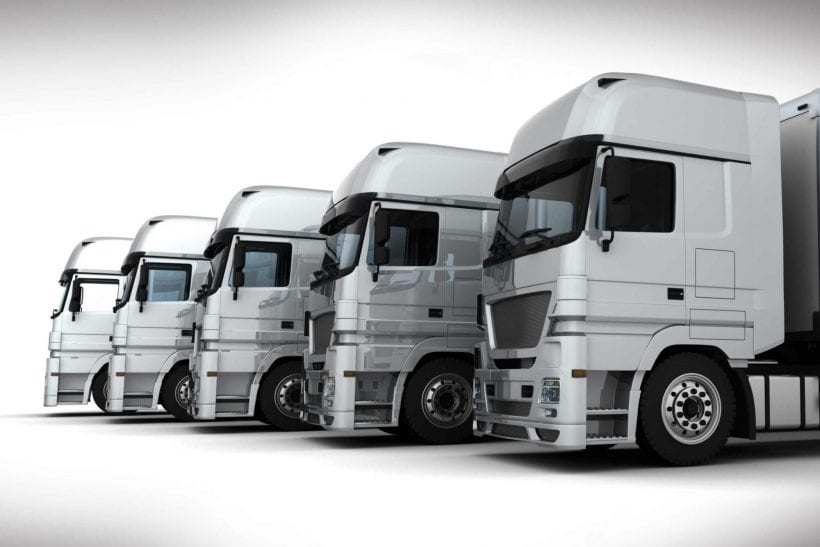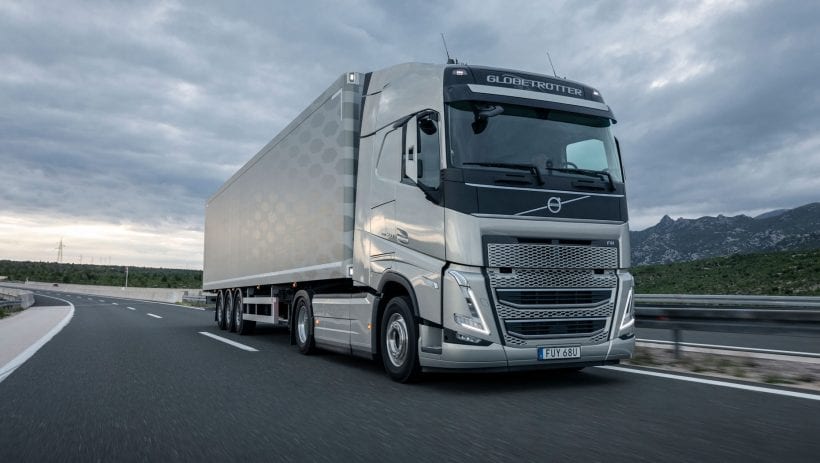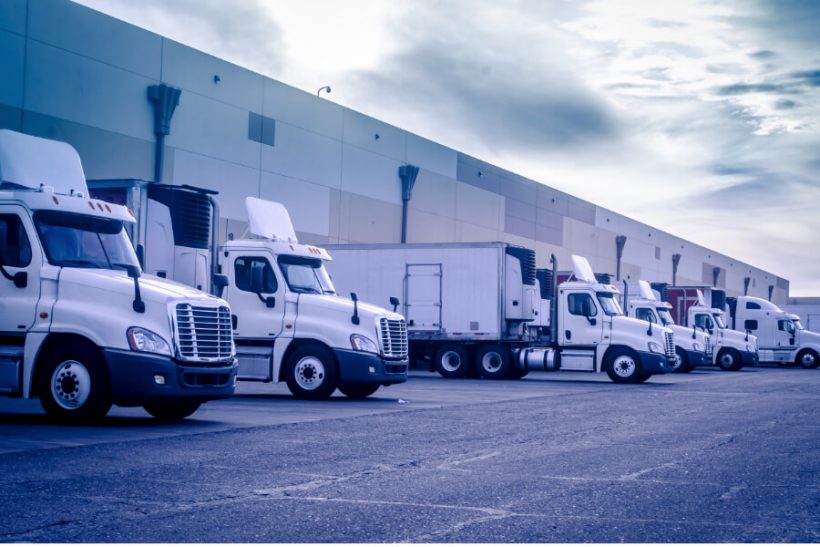Small businesses need to take advantage of any opportunity to save money because they face greater challenges than corporations. They have less access to capital and often struggle to get financing. And the icing on the cake is investing in new equipment essential to expand the business. Business owners are aware that the trucks they use to deliver goods portray the image they want to create for their brand. Marketing strategies aren’t successful if they cannot deliver the products on time, and they don’t show up on appointments. A disappointed client is quite likely to turn to a competitor for the next purchase.
If you do not plan to purchase your own truck for your business then you may consider the Truck Lease Deals from Capital Motor Cars.
So, when purchasing a truck for a business, there are some things to keep in mind because the process is different from when you buy a vehicle for personal use. Let’s check the list together.
Check tax implications
As you already know, each vehicle you add to your business auto car brings tax implications, so you need to ask your accountant what tax outcome the latest addition has. Decide if you need a new or used vehicle because each of them has its own implications. Your income and deductions determine how much you afford to spend. If you purchase a new one, you may need a loan. You also have to decide if you want to pay cash for the truck or you want to lease it.
To identify the best strategy, reach a tax professional because they can explain the benefits each solution has.
Consider your brand image
Your business vehicles influence the brand image, especially if you personalize them with the company’s logo. Decide the budget, whether you afford a new or used car, and determine the type of image you want your company to portray. Do you address the average buyer, or do you want to reach a higher-end clientele? Do you think the value of the car would influence the public to pick your brand instead of your competitors? Market analysis can help you understand your audience and find out how much they value the brand image you share.
If you want to attract the working class, flashing a premium truck may turn the audience off because it looks, you’re not addressing their needs. For a start-up, it’s best to keep it simple and pick a model that sheds a positive light on your company.

Gas mileage and maintenance costs are essential
Make a list with multiple models you would like to buy. Compare their rates and choose based on price, financing options, maintenance costs, and gas mileage. When you purchase a car, don’t consider only the initial amount you pay to buy it, also determine how much it costs you to power it with gas, the amount you’ll spend to maintain it, and the training the drivers need to use it. To invest in a new car, you may need some financial help, especially if you opt for a Kenworth truck that is known for its reliability. It’s smart to check the financing options you have before closing a deal. Check a directory like Smarter Loans to find out if the loan provider is reliable, how long you have to wait for the approval, and how quickly they provide you with the money.
When using a car for business purposes, there are ongoing costs you cover. So even if the price tag is identical for two models, it’s less likely their gas mileage and maintenance costs to match, so expand the search and evaluate their long-term functionality. Estimate the yearly cost to repair, maintain, and change oil and tires for each model to understand how much they add to your expenses.
Will you drive the vehicle for personal use?
Do you plan to use the vehicle only for business purposes? If you purchase the truck for both business and personal use, you’ll need to find a hybrid model that matches extensive requirements. The use of the vehicle will also dictate the amount of the purchase you can write off on the taxes. You’ll also have to discuss with the employee if they can also use the car for personal purposes, or you are the only one who does it.
If you plan to provide your employees with trucks, purchase new rather than lease vehicles because it’s challenging to keep track of the mileage.

What is the primary function of the truck?
To determine the model of truck to buy, decide what the main function of the vehicle is. Do you need it to attend trade shows and visit clients? Do you drive it to transport products? Do you use it to transport employees? For example, if you are a personal trainer, you need a premium model to carry equipment to your clients’ houses. But if you are a contractor, a trailer would make more sense. You don’t want to show up to your clients’ home in a coupe vehicle because they’ll wonder if they hired the right expert.
Check car history and warranties
If your budget doesn’t allow you to buy a new car, check the history for the used one and look for issues. Did the former owner have accidents? Did it experience any floods? Is there any other damage you need to be aware of? The reports should unveil issues that reflect how well-maintained the vehicle was and how fitting the price is. The car history can help you negotiate a better price or push you to look for another model or brand. Why does the owner sell the truck? Did they change the oil in time? If they missed some oil changes, the car might feature engine problems, so you shouldn’t purchase it.
For new cars, always ask for a guarantee and warranty. Even if a few trucks experience issues in their first year of functioning, some might, and you want the manufacturer to cover for repairs or change it.
Buying a business truck is a major step, and you should thoroughly consider all the aspects that influence the purchase. If you need extra guidance, don’t hesitate to contact an agent to assist you through the process.


